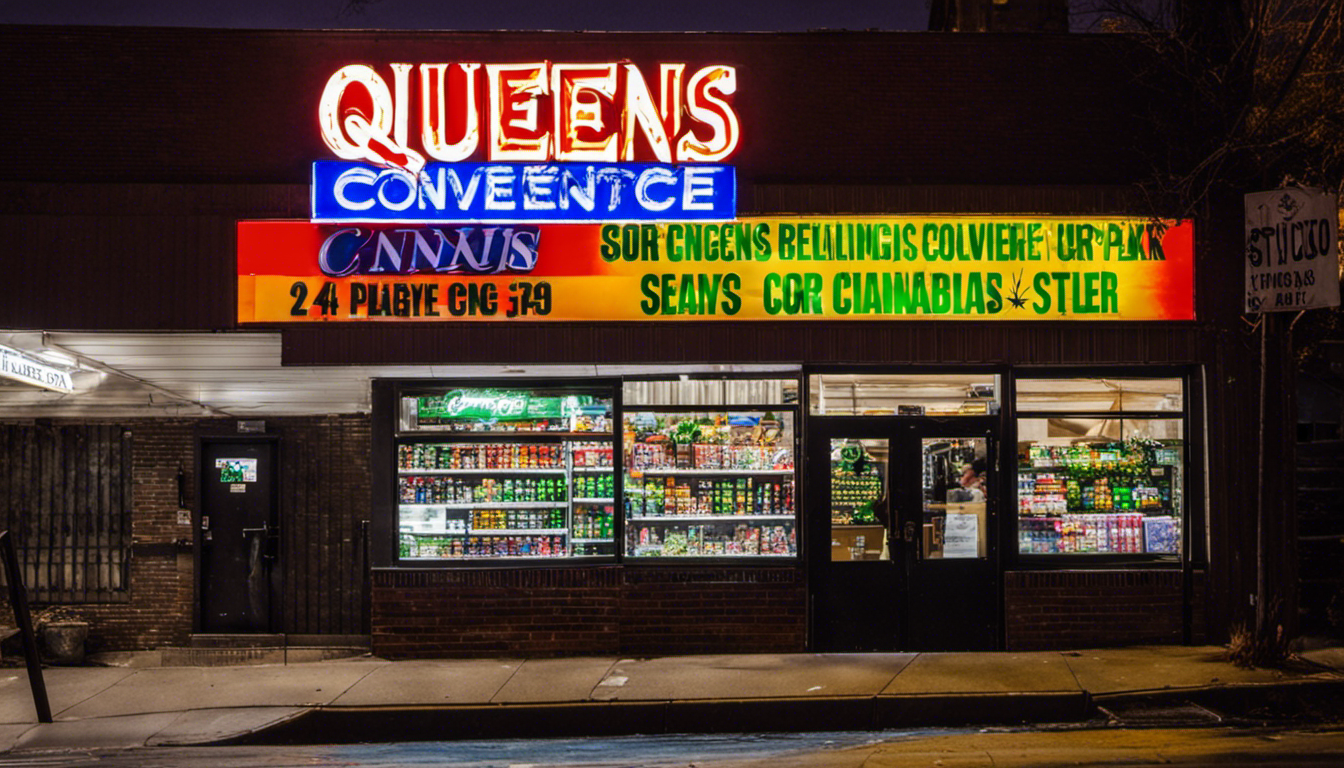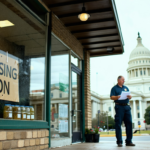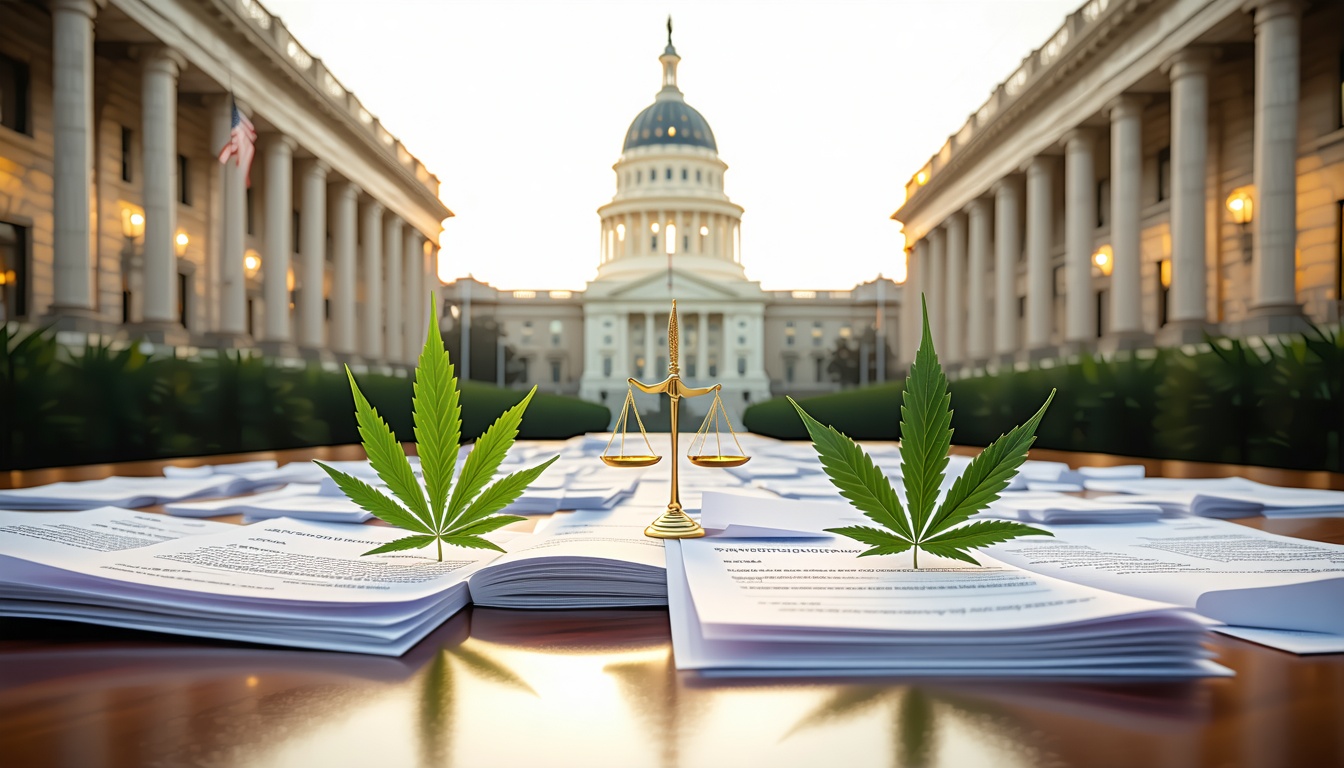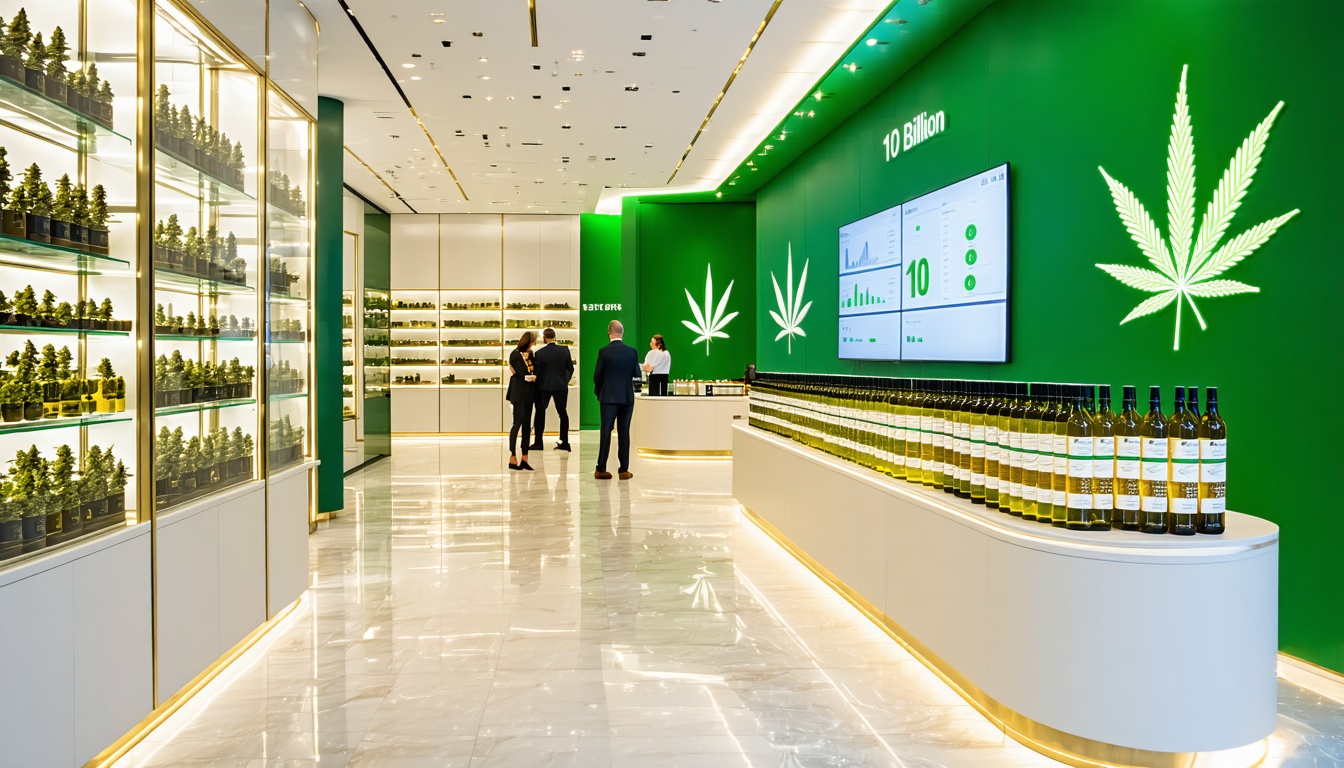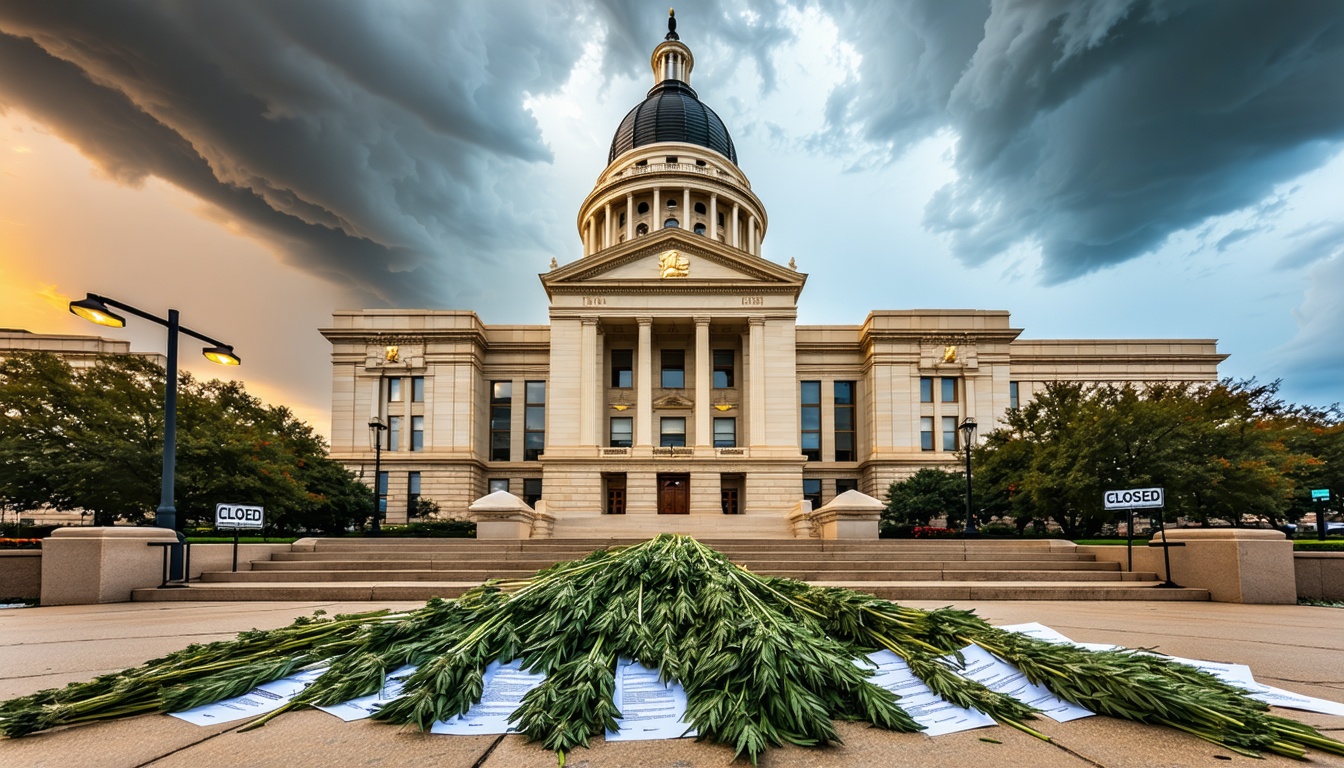New York City’s Efforts to Shut Down Unlicensed Cannabis Shops Face Legal Hurdles
A state judge has ruled that a convenience store in Queens must be allowed to reopen after being accused of selling cannabis illegally, potentially casting doubt on the city’s efforts to shut down thousands of unlicensed sellers. The city has already appealed the decision, which could have significant implications for its enforcement efforts.
The store, located at 35-12 Bell Boulevard, was padlocked by the city sheriff’s office in June after it was accused of selling cannabis without a license. However, the underlying summons was later dismissed due to a procedural error, and a hearing officer recommended that the store remain closed due to alleged illegal activity.
But Justice Kevin J. Kerrigan ruled that the hearing officer’s decision was flawed, as it did not follow proper procedure and did not provide sufficient evidence to justify closing the store. The judge noted that the city’s efforts to shut down unlicensed cannabis shops were “a clear violation of due process under the law.”
The decision could have far-reaching implications for the city’s efforts to shut down unlicensed cannabis shops. The city estimates that there are nearly 3,000 such shops in operation, and has already closed over 900 since May. However, it is unclear how many other stores remain padlocked after their summonses have been dismissed.
The city’s swift appeal of the decision suggests that it is committed to continuing its efforts to shut down unlicensed cannabis shops. However, the judge’s ruling could signal trouble for the city’s approach, which has been criticized for being overly aggressive and lacking in due process.
The decision also highlights the challenges faced by the city in enforcing its cannabis laws. Many unlicensed shops are able to operate by exploiting loopholes in the system, and the city’s failure to properly serve summonses has been a common issue in many cases.
The ruling could also have implications for the city’s broader approach to cannabis regulation. The city has been criticized for its slow and bureaucratic approach to issuing licenses, which has created a thriving black market for cannabis.
The decision is a victory for the store’s lawyer, Lance Lazzaro, who said that it “opened the floodgates” for other stores to challenge the city’s handling of their cases. The store is expected to reopen on Thursday, and Lazzaro has seven other similar cases pending.
The judge’s ruling is the latest development in a long-running controversy over the city’s efforts to shut down unlicensed cannabis shops. The issue has been the subject of much debate

